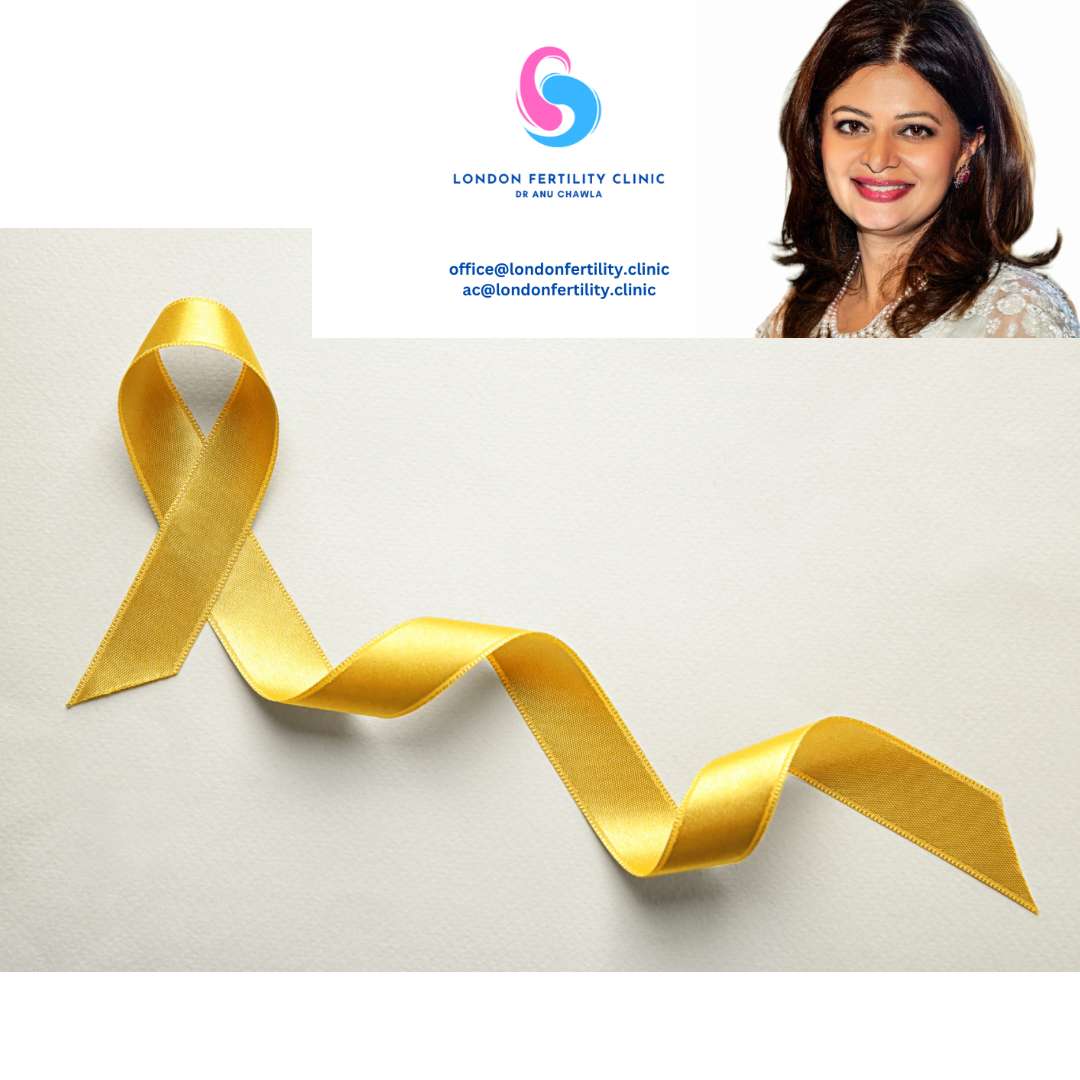Endometriosis - Newer Concepts
Newer and Trending Concepts in Endometriosis
1. Introduction to Endometriosis:
Endometriosis is a chronic gynecological condition characterized by the presence of endometrial-like tissue outside the uterus, commonly affecting the ovaries, fallopian tubes, and pelvic peritoneum. One of the significant challenges faced by women with endometriosis is infertility, as the condition can lead to pelvic adhesions, ovarian cysts, and inflammation, which can impair fertility. In recent years, there have been advancements in the management of endometriosis aimed at improving fertility outcomes for affected individuals.
2. Multidisciplinary Approach to Care:
A newer trend in endometriosis management involves a multidisciplinary approach to care, involving collaboration between gynecologists, reproductive endocrinologists, pain specialists, and mental health professionals. This holistic approach aims to address not only the physical symptoms of endometriosis but also the emotional and psychological impact of the condition on patients' quality of life. By integrating various medical specialties, patients receive comprehensive care tailored to their individual needs, which can improve fertility outcomes and overall well-being.
3. Personalized Treatment Strategies:
Advancements in our understanding of endometriosis have paved the way for personalized treatment strategies tailored to each patient's specific symptoms, disease severity, and reproductive goals. Instead of adopting a one-size-fits-all approach, clinicians now consider factors such as the location and extent of endometriotic lesions, the presence of pelvic adhesions, and the patient's age and ovarian reserve when developing treatment plans. Personalized approaches may include medical management with hormonal therapies, surgical excision of endometriotic lesions, or assisted reproductive technologies (ART) for fertility preservation or enhancement.
4. Minimally Invasive Surgical Techniques:
Minimally invasive surgical techniques, such as laparoscopy and robotic-assisted surgery, have revolutionized the surgical management of endometriosis. These approaches offer several advantages over traditional open surgery, including smaller incisions, reduced postoperative pain, shorter hospital stays, and faster recovery times. In the context of fertility enhancement, minimally invasive surgery allows for the precise excision of endometriotic lesions, removal of pelvic adhesions, and restoration of normal pelvic anatomy, which can improve natural conception rates and the success of ART procedures.
5. Fertility Preservation Strategies:
For women with endometriosis who wish to preserve their fertility, there are emerging strategies aimed at optimizing reproductive outcomes. This may include oocyte or embryo cryopreservation prior to undergoing surgical treatment for endometriosis or initiating gonadotropin-releasing hormone (GnRH) agonist therapy to suppress disease activity. By preserving healthy eggs or embryos, women can maintain the option of future pregnancy while undergoing treatment for endometriosis, which may involve hormonal therapies or surgical interventions that could affect ovarian function
. 6. Immunomodulatory Therapies:
Emerging research suggests that endometriosis may have an underlying immune component, leading to increased interest in immunomodulatory therapies for disease management. These therapies aim to modulate the immune response and reduce inflammation associated with endometriotic lesions, potentially improving fertility outcomes in affected individuals. Immunomodulatory agents, such as anti-inflammatory medications, immunosuppressants, and biologic agents targeting specific immune pathways, are being investigated for their efficacy in reducing endometriosis-related pain and restoring fertility.
7. Integrative and Alternative Approaches:
In addition to conventional medical and surgical treatments, there is growing interest in integrative and alternative approaches to managing endometriosis and enhancing fertility. This may include acupuncture, dietary modifications, stress reduction techniques, and mind-body interventions, which are thought to complement conventional therapies and improve overall health and well-being. While the evidence supporting these approaches is limited, many patients find value in integrating complementary therapies into their treatment plans to address the holistic aspects of endometriosis management
. 8. Future Directions and Challenges:
Despite the progress made in endometriosis management for fertility enhancement, several challenges remain, including the need for more effective and targeted therapies, improved diagnostic tools for early detection of endometriosis, and greater awareness and education about the condition among healthcare providers and the general public. Future research efforts will likely focus on elucidating the underlying mechanisms of endometriosis-related infertility, identifying novel therapeutic targets, and optimizing existing treatment modalities to further improve fertility outcomes for affected individuals.

